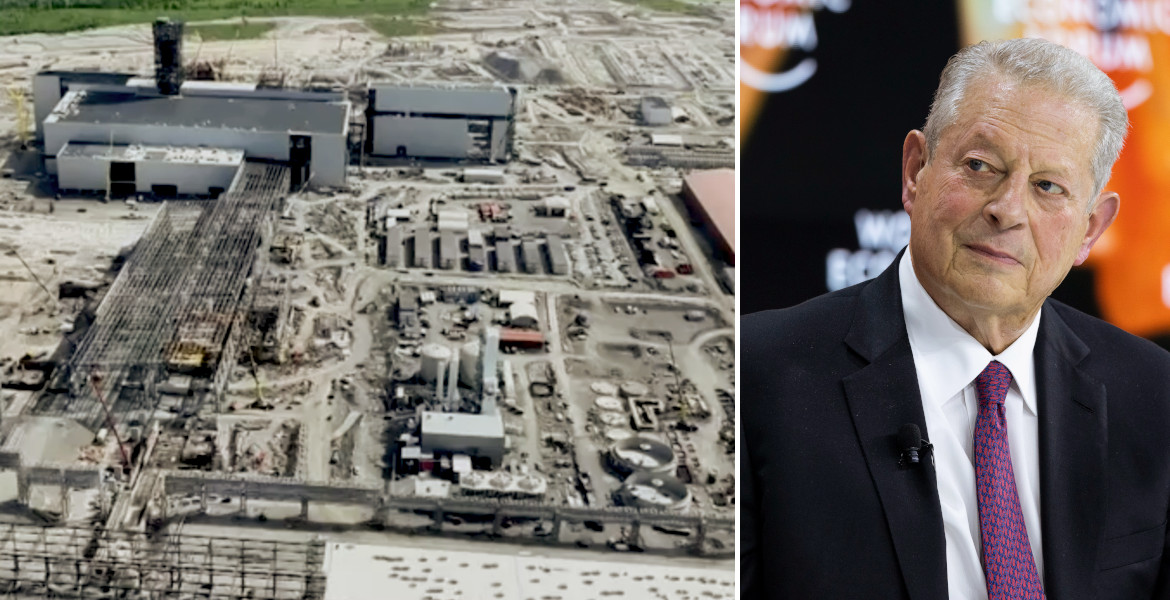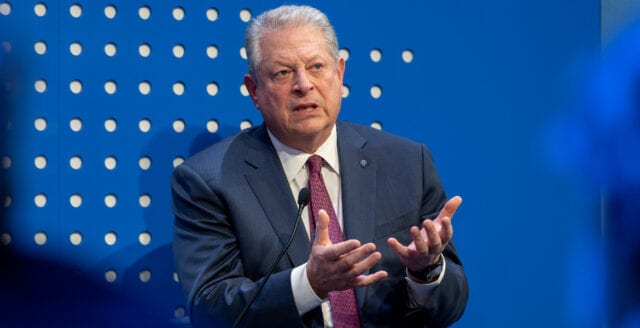Climate activist protests at Norway's largest oil refinery have triggered harsh criticism from opposition leader Sylvi Listhaug, who is now demanding that Swedish activist Greta Thunberg be expelled from the country.
Monday's blockade at Equinor Mongstad outside Bergen, Norway, gathered approximately 200 demonstrators from the widely media-covered group Extinction Rebellion. The activists blocked roads to the refinery, which is the country's largest and primarily produces gasoline, diesel and aviation fuel.
Progress Party leader Sylvi Listhaug launches a fierce attack against Thunberg in a podcast with Bergen newspaper Bergens Tidende. She is upset that the Swedish activist repeatedly travels to Norway to participate in protests and actions, and believes that enough is enough.
Listhaug, who often profiles herself as a tough law-and-order politician, believes that Thunberg's repeated demonstrations constitute a serious problem requiring drastic measures.
— I believe she should be expelled, says Listhaug, who even describes Thunberg as a "Swedish gang criminal".
Thunberg, who temporarily left the demonstration to return on Tuesday, explained the action's purpose in a press release:
"We are here because there is no future in oil. Fossil fuels lead to death and destruction", it states.
"Breaks the rules of the game"
Norwegian Prime Minister Jonas Gahr Støre tries to navigate between fundamental rights and practical consequences. In Bergen newspaper Bergensavisen, he emphasizes that Norway stands firm on freedom of expression and demonstration, but simultaneously signals that the activists' methods are unacceptable when they prevent ordinary people from getting to work.
— It breaks the rules of the game. There are people going to work and they shouldn't have to experience insecurity with that, the prime minister emphasizes.
The view of Thunberg among European leaders has changed markedly since she was celebrated as a teenager at summits around the world.
After she expanded her activism to include criticism of Israel's war crimes in Gaza and other political issues, she has increasingly begun to be regarded as a disruptive element and an "extremist" who must be stopped or restricted – a sharp contrast to how she was previously portrayed as a hero and role model for young Europeans.





